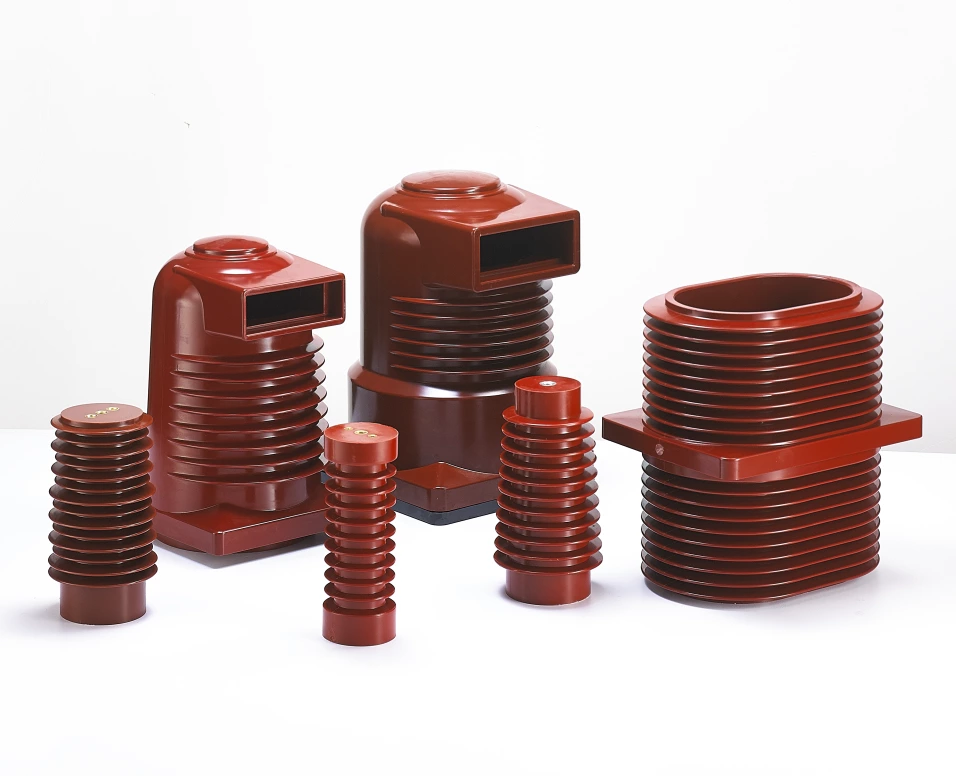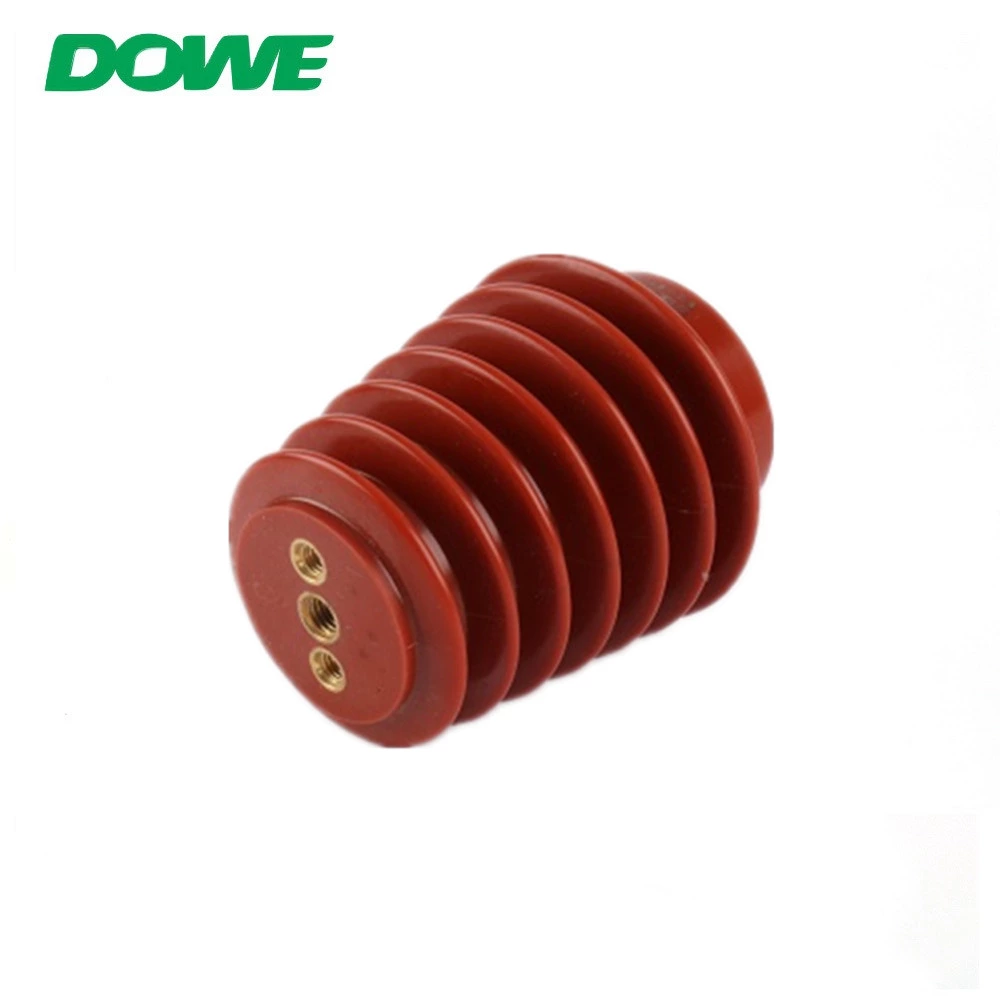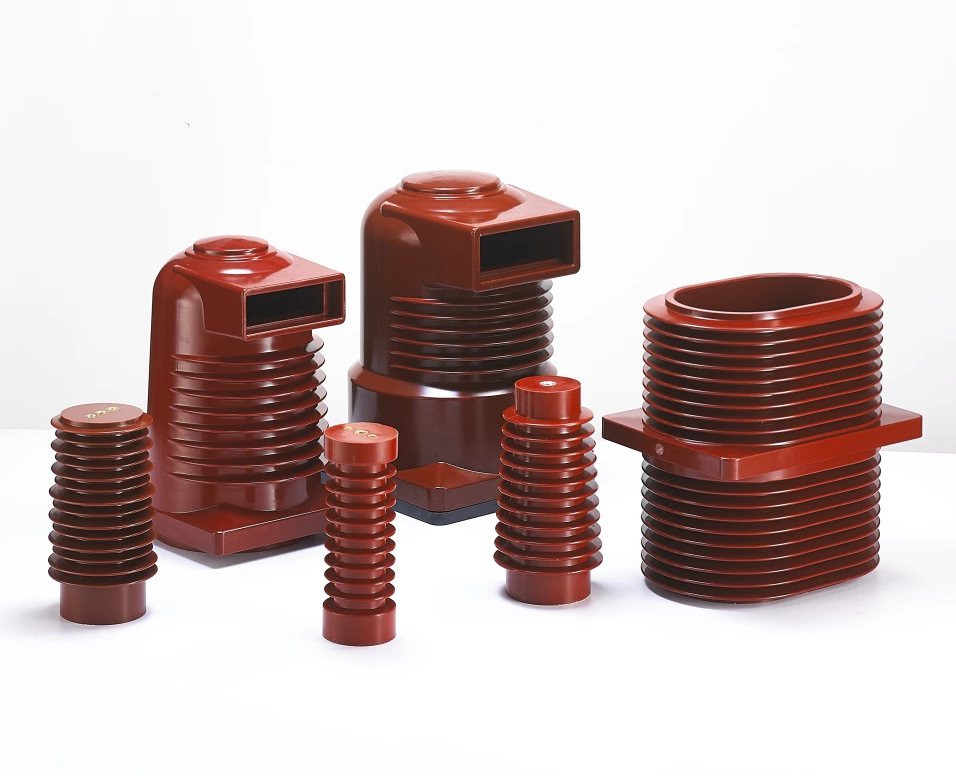What is BMC (Bulk Molding Compound) and why is it used in electrical insulation?
Brittle materials crack. Conductive materials short out. Fragile insulators fail. When it comes to electrical insulation, engineers need a material that’s strong, durable, and resistant to extreme conditions.
BMC (Bulk Molding Compound) is a high-performance composite material known for its strength, heat resistance, and excellent electrical insulation properties, making it ideal for electrical applications.
But what exactly makes BMC the preferred choice? Let’s break it down. 👇
Table of Contents
- What is BMC and how is it made?
- Why is BMC used in electrical insulation?
- What are the common electrical applications of BMC?
- Conclusion
What is BMC and how is it made?
BMC is widely used in electrical insulation, but what exactly is it made of?
BMC is a thermoset composite consisting of unsaturated polyester resin, fillers, fiberglass reinforcement, and other additives, which give it high mechanical and electrical performance. Learn more1

The Composition of BMC
BMC is a carefully engineered material, typically composed of:
| Component | Function |
|---|---|
| Polyester Resin | Provides structural integrity |
| Fillers | Enhances thermal resistance |
| Fiberglass | Improves mechanical strength |
| Catalysts & Pigments | Aids curing and gives color |
How BMC is Manufactured
BMC is produced through a high-pressure molding process, where the material is shaped into precise forms under heat and pressure. This process ensures uniformity and superior mechanical properties. Read about the process2
Why is BMC used in electrical insulation?
Not all insulating materials are created equal. Why do engineers prefer BMC?
BMC offers exceptional electrical insulation, high heat resistance, and durability, making it ideal for insulating components in transformers, circuit breakers, and switchgear.
Key Benefits of BMC in Electrical Insulation
- High Dielectric Strength – Prevents electrical breakdown. Understand dielectric strength3
- Flame Retardancy – Self-extinguishing properties enhance safety. Explore BMC’s flame retardancy4
- Dimensional Stability – Retains shape under high temperatures.
- Corrosion Resistance – Does not degrade in harsh environments.
What are the common electrical applications of BMC?
BMC is used in a variety of electrical and industrial applications.
BMC is commonly found in insulators, high-voltage switches, circuit breaker components, and motor housings due to its superior insulating and mechanical properties. See applications5
Examples of BMC Applications
| Application | Reason for Use |
|---|---|
| Busbar Insulators | Prevents short circuits |
| Transformer Components | Withstands high voltage |
| Switchgear Housings | Flame-resistant & durable |
| Meter Boxes | Lightweight & weather-resistant |
Conclusion
BMC is a game-changer in electrical insulation. It combines strength, durability, and insulation properties, making it the go-to material for high-performance electrical applications. ⚡
Footnotes
-
This link provides a deeper understanding of BMC’s composition, ensuring readers grasp the material’s key properties. ↩
-
A resource explaining the high-pressure molding process will clarify how BMC gains its superior mechanical properties. ↩
-
A detailed explanation of BMC’s flame-retardant characteristics will help highlight its safety benefits. ↩
-
A reliable source listing BMC’s industrial and electrical applications will reinforce its importance in engineering. ↩











